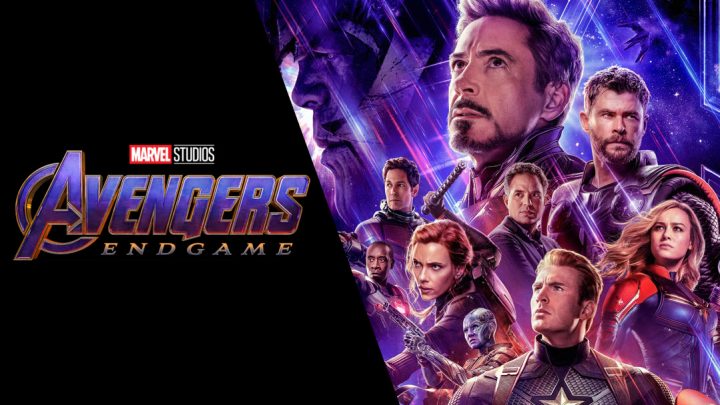Eleven years ago, comic fans, film enthusiasts, and superhero fanatics walked out of the 2008 movie “Iron Man” with generally positive reviews. Little did they know, the B-List superhero film would become the beginning of over a decade of successful and beloved movies—leading up to 2019’s three-hour cinematic culmination “Avengers: Endgame.”
At risk of giving away the plot (#DontSpoilTheEndgame), it is sufficient to say that Marvel knew exactly what their audience wanted to see, and they delivered.
The Marvel Cinematic Universe (MCU) has produced 22 movies since its beginning. In this time, fans have come to know and love its many iconic characters: Iron Man (Robert Downey, Jr.), Captain America (Chris Evans), and Thor (Chris Hemsworth), to name a few.
“Endgame” credits 52 actors in its end credits, according to vulture. While this may come as a shock for any other movie franchise, Marvel fans did not expect anything less from beloved directors Anthony and Joe Russo who previously brought to life three of Marvel’s top hits.
With a 95% rating on Rotten Tomatoes and $1.2 billion brought in during its opening weekend alone, the movie hosts both slower-paced scenes highlighting the best qualities of its quirky and lovable characters as well as epic action scenes that the MCU and the Russo brothers are known for.
As Marvel movies have never failed to do in the recent past, “Endgame” dares to drop shocking twists. Even the most well-researched enthusiast may not have predicted all that went down. It is no wonder then that fans have remained so devoted to these movies for so long.
The MCU’s signature humor is on point. Notoriously humorous characters such as Thor, Ant-Man (Paul Rudd), and Iron Man did not fail to generate laughs. The Russo brothers bank on situational humor as well: those who sat through the 21 prior movies were rewarded with jokes specifically referencing past storylines.
However, the laughs did not persist into the latter half of the film, which took a slightly darker tone. It was difficult not to anticipate the inevitable—some fans’ worst nightmares might come true.
Marvel fans did not have to worry about some of their favorite characters, however: the studio has already granted sequels to some of its newer members. Spider-Man (Tom Holland), Black Panther (Chadwick Boseman), Doctor Strange (Benedict Cumberbatch), and at least some of the Guardians of the Galaxy will drive the future of the MCU, according to CNN.
It is remarkable to see how the Avengers have evolved, even since their first film in 2012. A host of female heroes and heroes of color play key roles in the film. While the increasing diversity reflects changing standards of Hollywood casting choices, it still felt somewhat forced.
Marvel has done a fine job casting and writing strong women as powerful side characters or charming love interests. However, when only one movie out of 22 features a woman as the central character, it starts to show.
Unmistakable moments of representation, while clearly written with good intentions, seem forced in the scheme of the movie.
In an interview with Deadline, Joe Russo emphasized the film’s strides towards diversity and plans to add a gay character.
Unfortunately, that character received hardly any screen time or emphasis. It is disappointing that Russo would feel the need to promote increased representation when the moment simply falls flat.
Nonetheless, the highlight of watching “Endgame” is the collective experience that audience members share. Every few moments boasts an opportunity to shout predictions, laugh out loud or gasp in shock.
Therefore, it is not a stretch to say that the Marvel Cinematic Universe has provided this generation’s Star Wars or Harry Potter theater-going experience. While the next movies in the franchise will undoubtedly be exciting, the legacy of “Endgame” will last forever, as far as I’m concerned.




















































































































